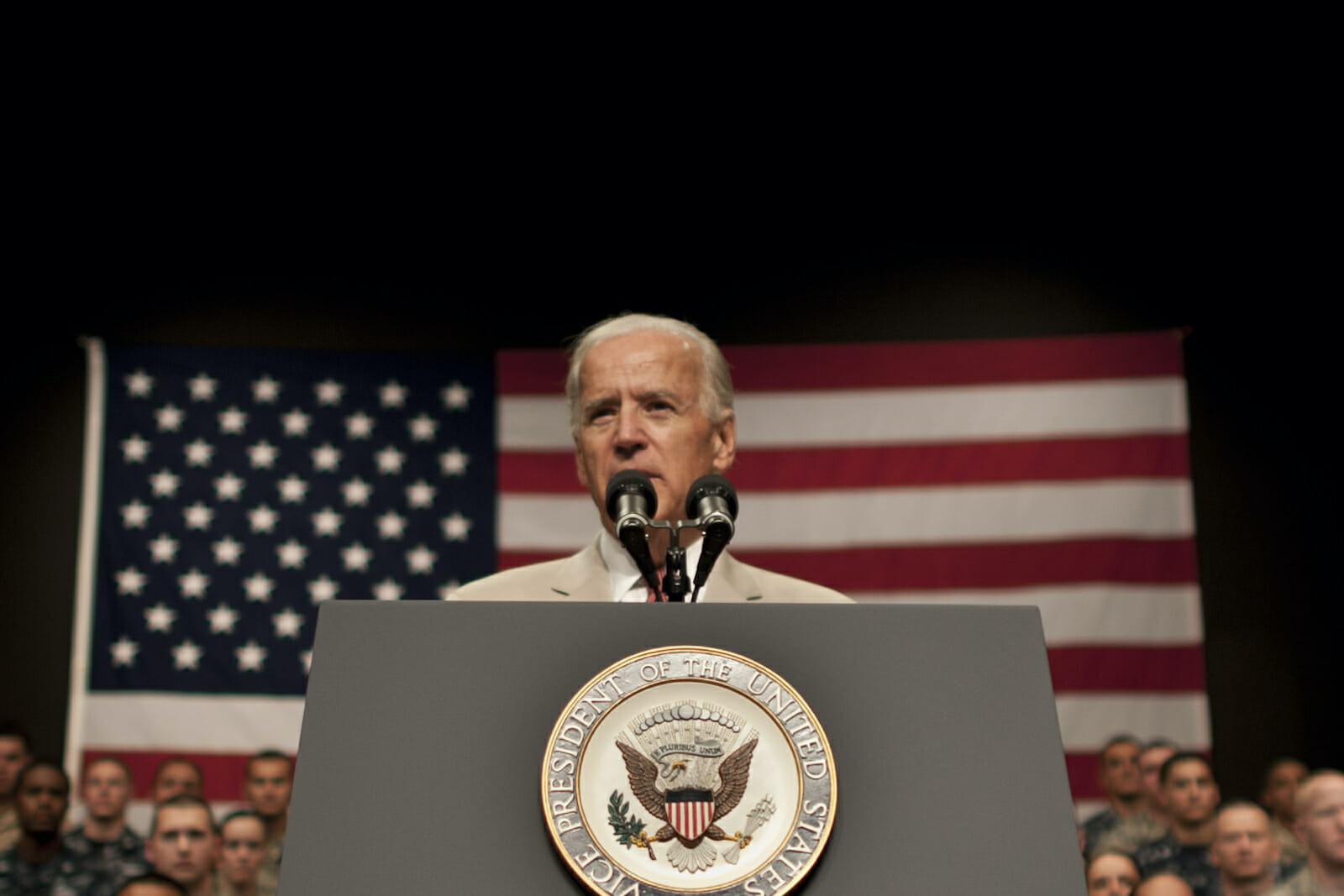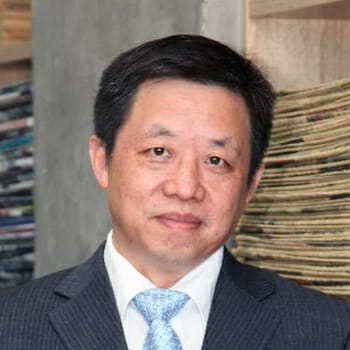
Biden’s Victory Awakens Expectations of Many Countries
While President Donald Trump continues to try and delay the inevitable, President-elect Joe Biden will be sworn in on January 20, 2021. This election has not only set the record for the largest number of voters in the United States (approximately 150 million people voted), but is also one that has attracted worldwide attention, and there is a good reason for this. As the world has become impacted by the COVID-19 pandemic and geopolitical turmoil, how will the U.S., the world’s most powerful country, fare? Will it continue to drift further away from its allies, or will Joe Biden lead it back to embrace normalcy and multilateralism? This is not only a matter of concern for the U.S., but also for the world as well.
The world is now entering the “Biden era,” something that various countries and regions have embraced. World leaders have expressed formal or informal congratulations to Biden and Vice-President-elect Kamala Harris.
British Prime Minister Boris Johnson was the first G7 leader to congratulate Biden and Harris. Johnson said that the United States shares a “special partnership” with the United Kingdom. He expects the two sides to cooperate closely on multiple areas of which they share a common priority, including climate change as well as trade and security issues.
In the early morning of November 8, German Chancellor Angela Merkel tweeted her congratulatory message, expressing her expectation to cooperate with Biden, and said that in view of the current challenges, the transatlantic friendship between Germany and the United States is irreplaceable. Canadian Prime Minister Justin Trudeau stated that the United States and Canada have a unique relationship and are committed to working together. French President Emmanuel Macron said that France and the United States have a lot of work to do to overcome today’s challenges. As Biden is a descendant of Irish immigrants, Irish Prime Minister Micheál Martin said that Biden is a “stalwart friend” of Ireland, and he looks forward to cooperating with Biden. Australian Prime Minister Scott Morrison said that the Australia-U.S. alliance is deep and enduring, based on common values. He looks forward to working with Biden to face many challenges in the world. New Zealand Prime Minister Jacinda Ardern said that she would continue to work with the United States on many global issues.
In Asia, Indian Prime Minister Narendra Modi especially congratulated Harris, who is of Indian descent, for her unprecedented achievements and is confident that India-U.S. relations will improve. According to an analysis by the Indian news website, The Federal, based on documents published by the Biden team in the past, the Biden administration will promote India to obtain a permanent seat on the UN Security Council. Japanese Prime Minister Yoshihide Suga congratulated Biden and expressed his expectations of cooperation and the continued strengthening of the Japan-U.S. alliance to ensure peace, freedom, and prosperity in the Indo-Pacific region.
South Korean President Moon Jae-in said that the South Korea-U.S. alliance is rock-solid and Moon Jae-in is looking forward to cooperating for shared values. He also quoted the official slogan for the South Korean-U.S. alliance “katchi kapshida” (let’s go together). Malaysian Prime Minister Muhyiddin Yassin congratulated Biden, while Iran’s Chief Vice President Eshaq Jahangiri said that “the era of Trump and his adventurous and belligerent team is over,” and that he hopes to see changes in the destructive policies of the United States. Prime Minister Imran Khan of Pakistan congratulated Biden on winning the election and emphasized that he looked forward to working with Biden and was committed to establishing peace in Afghanistan and the rest of the region. In addition, some national leaders in Africa, South America, and West Asia also congratulated Biden.
Biden’s victory has awakened the expectations of many countries. These expectations roughly include the following: Western Europe hopes that the United States will return to building and strengthening transatlantic relations. Germany and France are particularly concerned about this change. For most countries, it is hoped that the United States will return to climate change negotiations as well as multilateral cooperation such as the Paris climate agreement. For America’s major trading partners, it is hoped that the United States will abandon its punitive tariffs and reduce obstacles to global trade.
For most Western countries, it is expected that the United States will weaken “America First” and strengthen and consolidate values-based economic and trade cooperation, security cooperation, investment cooperation, intellectual property transactions, and technology transfers. For major Asian countries such as Japan and India, it is hoped that the United States can continue to strengthen its presence in the Indo-Pacific region and promote a free and open Indo-Pacific strategy. India, under its special relationship with China, also has other agendas such as gaining a permanent seat on the UN Security Council. For developing countries in Asia, they expect the United States to maintain its presence in the Asia-Pacific region and bring the world back to a “normal” state.
The “Trump era” has passed and the “Biden era” has begun. If Biden can effectively unite Americans, bridge domestic differences, and simultaneously inherit a part of the unconventional diplomatic legacy of Trump, the United States, and Western society may regain control of the world pattern. Those who think that the United States would fall into a serious divide, go into a long-term “civil war,” and quickly decline, are simply misguided. From a historical point of view, the four years of Trump’s administration is likely to be only a small part of fluctuations in American political history. It will bring about partial changes in the United States, but there will be no fundamental changes in the overall global trends and patterns. For China, it will need to adapt to this return of normalcy. What needs to be clearly seen is that a considerable part of the global changes in the “Trump Era” were directed at China, and these changes will still be maintained.
Biden’s victory has awakened the expectations of many countries in the world, and the world will “get back on track” based on certain changes. How will China adapt to the changes in the world after the U.S. election? This will mainly depend on the choices China makes.

